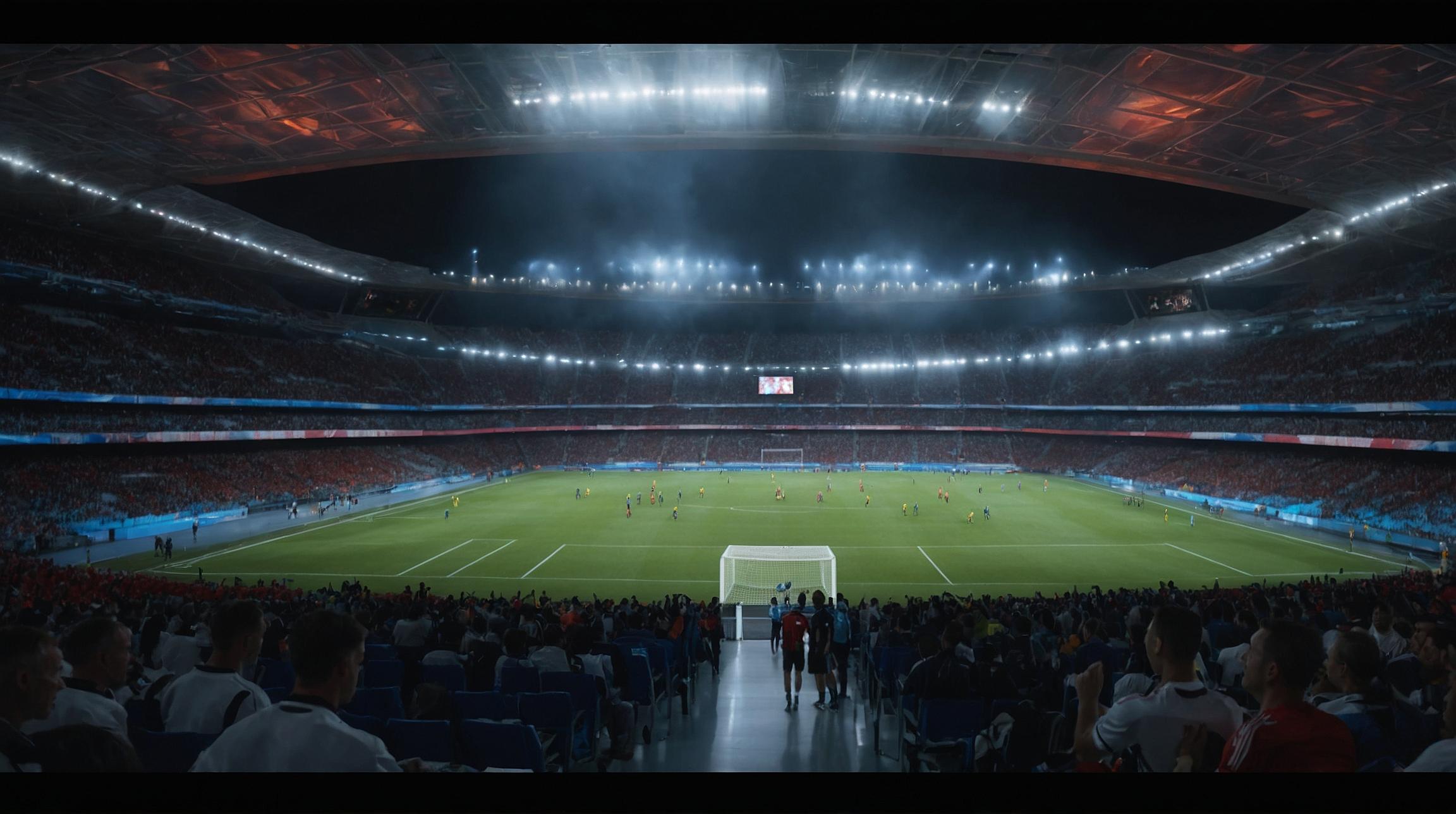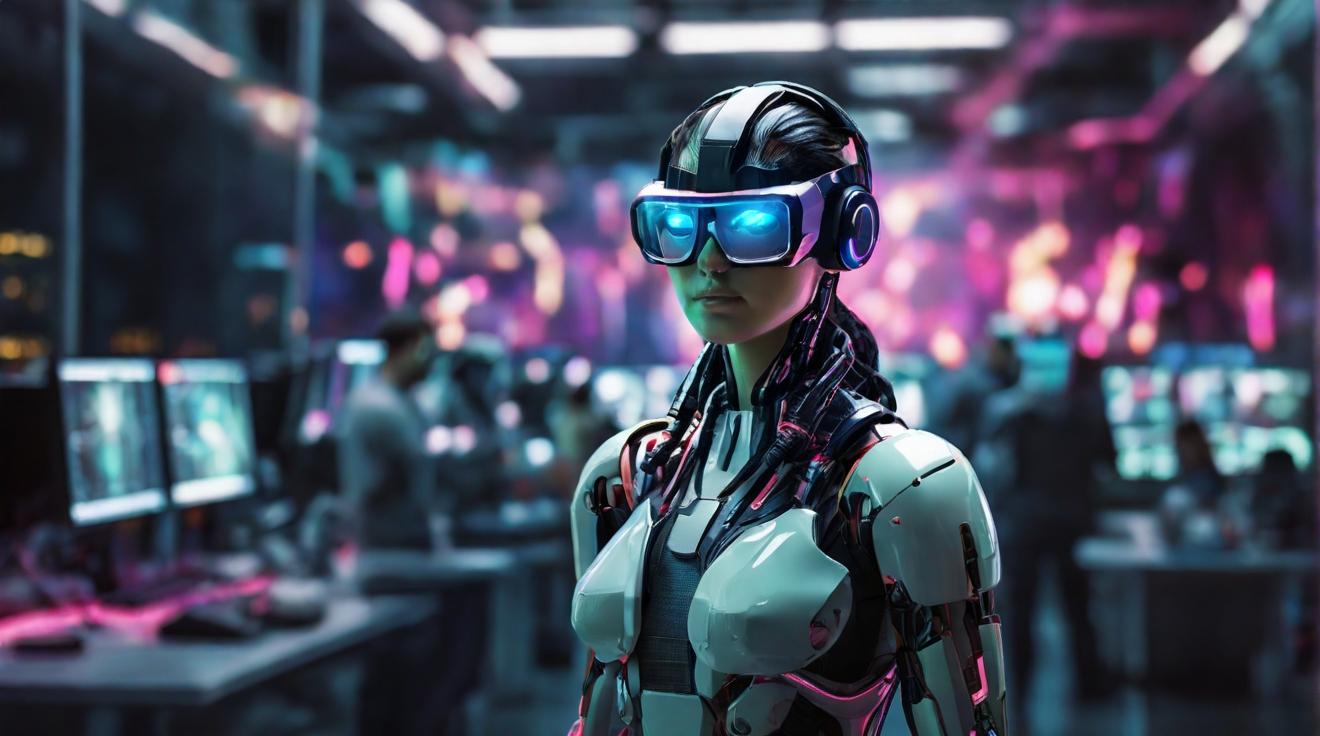Euro 2024 Innovations Making Refereeing Easier, But Technology Has Its Limits
Euro 2024 is not just about thrilling matches; it’s also about bringing in new technological developments to help referees make better decisions. International football tournaments have always been a platform for innovation. This year’s tournament in Germany is no exception.
Connected Ball Technology
One of the significant innovations this year is the “connected ball technology”. Imagine a ball with a tiny microchip inside it. This chip can pick up even the slightest physical contact. For example, during a match between Belgium and Slovakia, the chip recorded a slight touch by Loïs Openda’s hand, disallowing a goal. This technology aims to make decisions more precise and fair.
Semi-Automated Offside Technology (SAOT)
Another exciting technology is the semi-automated offside technology (SAOT). This tech was first used in Qatar World Cup 2022 but has been more visible in Germany. SAOT helps to make quicker offside decisions by using chips and body position data from cameras. Instead of officials spending time drawing lines to check if a player is offside, the software does it for them. This can save around 30 seconds for each decision.
Public Feedback and Data Sharing
At the end of the group stage, Uefa will share data on the performance of both VAR (Video Assistant Referee) and SAOT. This will give everyone a clear picture of how effective these technologies have been.
Controversies and Limitations
Even with these advanced technologies, controversies still happen. For instance, Romelu Lukaku thought he scored against Romania, but he was marginally offside. Similarly, Xavi Simons’ goal against France was disallowed due to an offside call, leading to much debate.
Human Element in Decision-Making
Most football laws require subjective interpretation by officials. For example, during the Netherlands vs. France match, the decision to disallow Xavi Simons’ goal took nearly three minutes. The issue wasn’t whether a player was offside, but whether he was interfering with play. This human element means some decisions will always provoke debate.
Notable Incidents
- Hungary's manager, Marco Rossi, accused the officials of double standards after a controversial decision in their match against Germany.
- Romelu Lukaku had three goals overturned in two matches.
- There were complaints about the length of time it took to make some decisions, such as in the case of Denzel Dumfries being offside against France.
Final Thoughts
While Euro 2024 innovations like connected ball technology and SAOT are helping referees, they cannot fix everything. Subjective interpretation will always be a part of football, keeping the human element alive in the game. The technology aims to make things better, but some controversies are here to stay.













